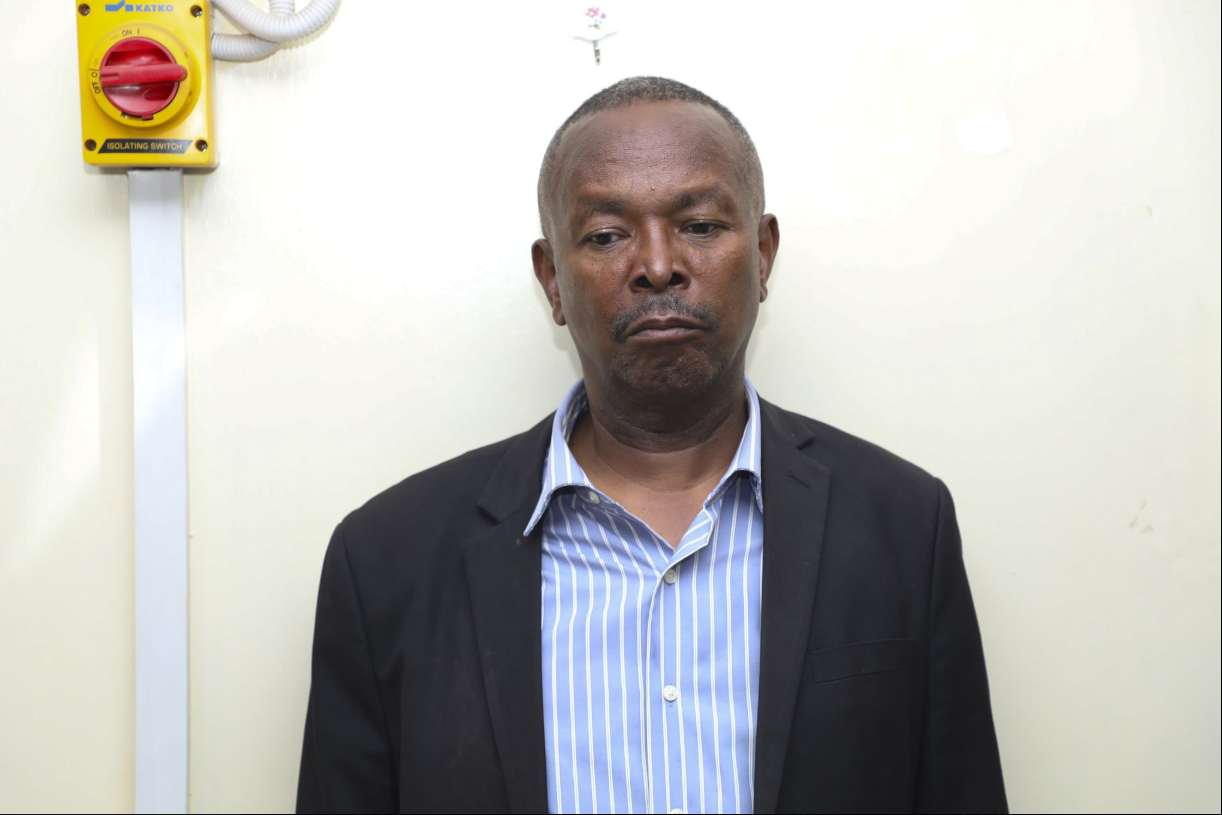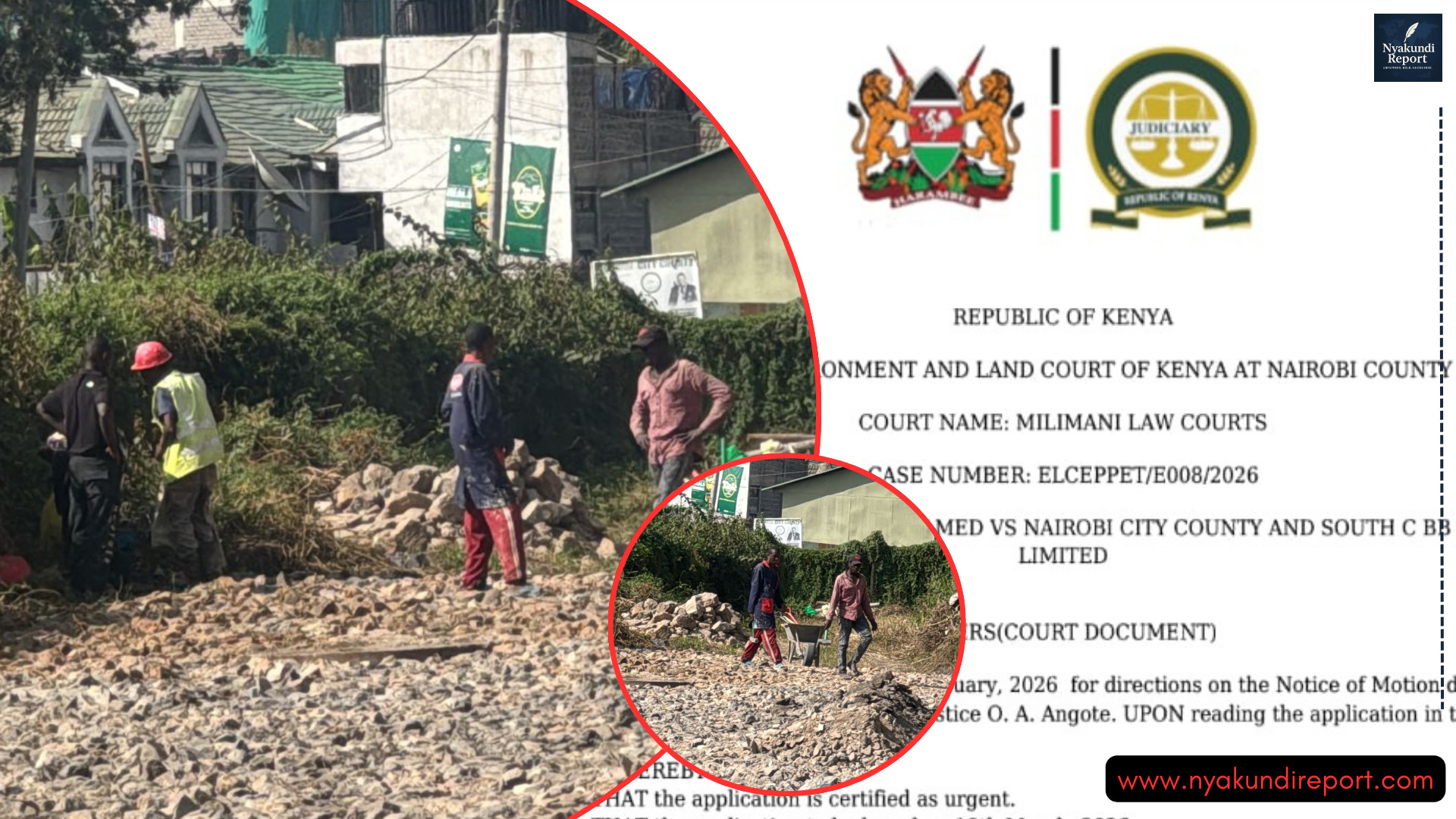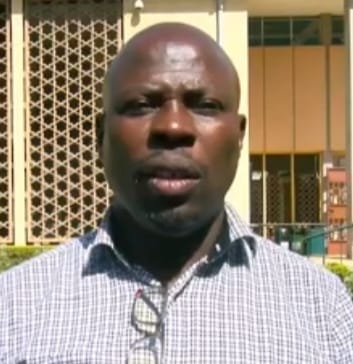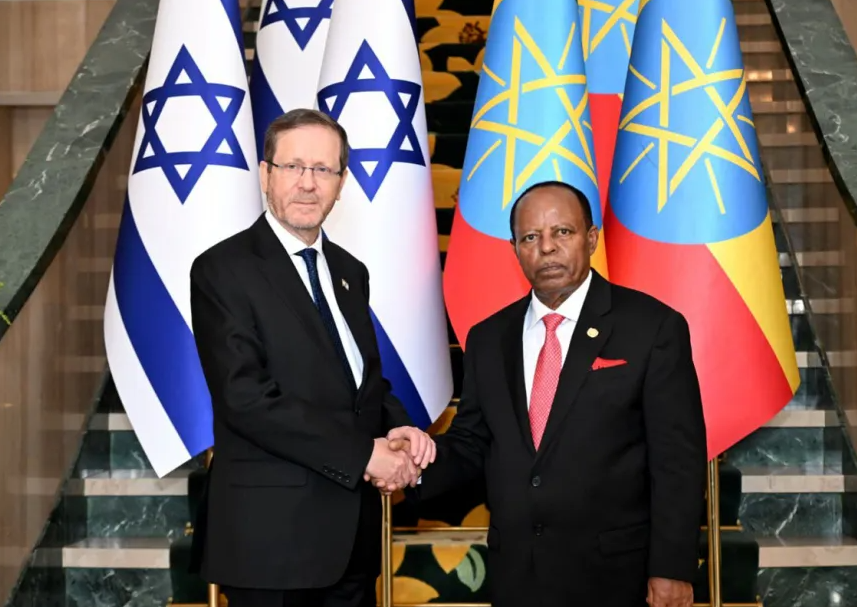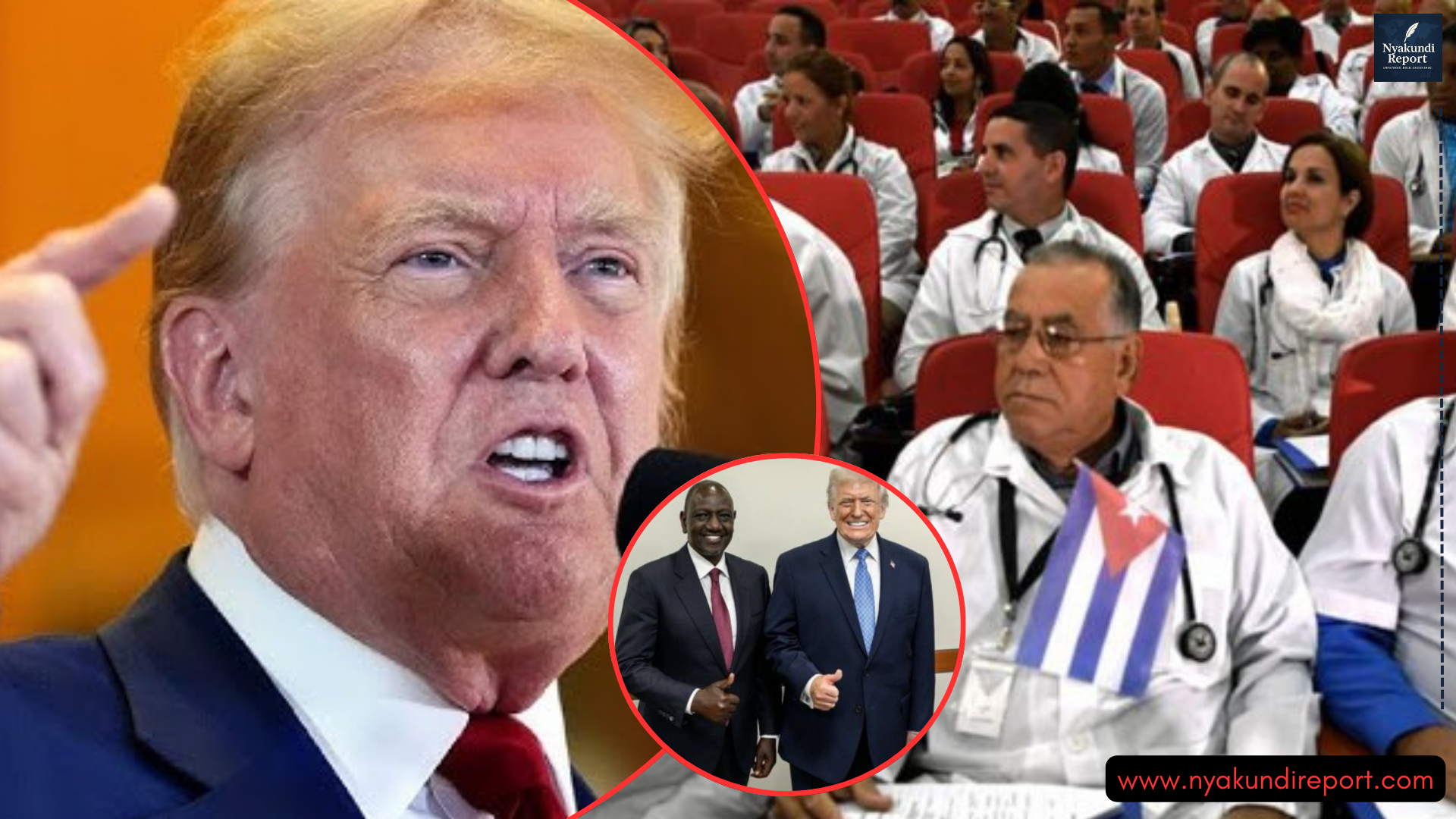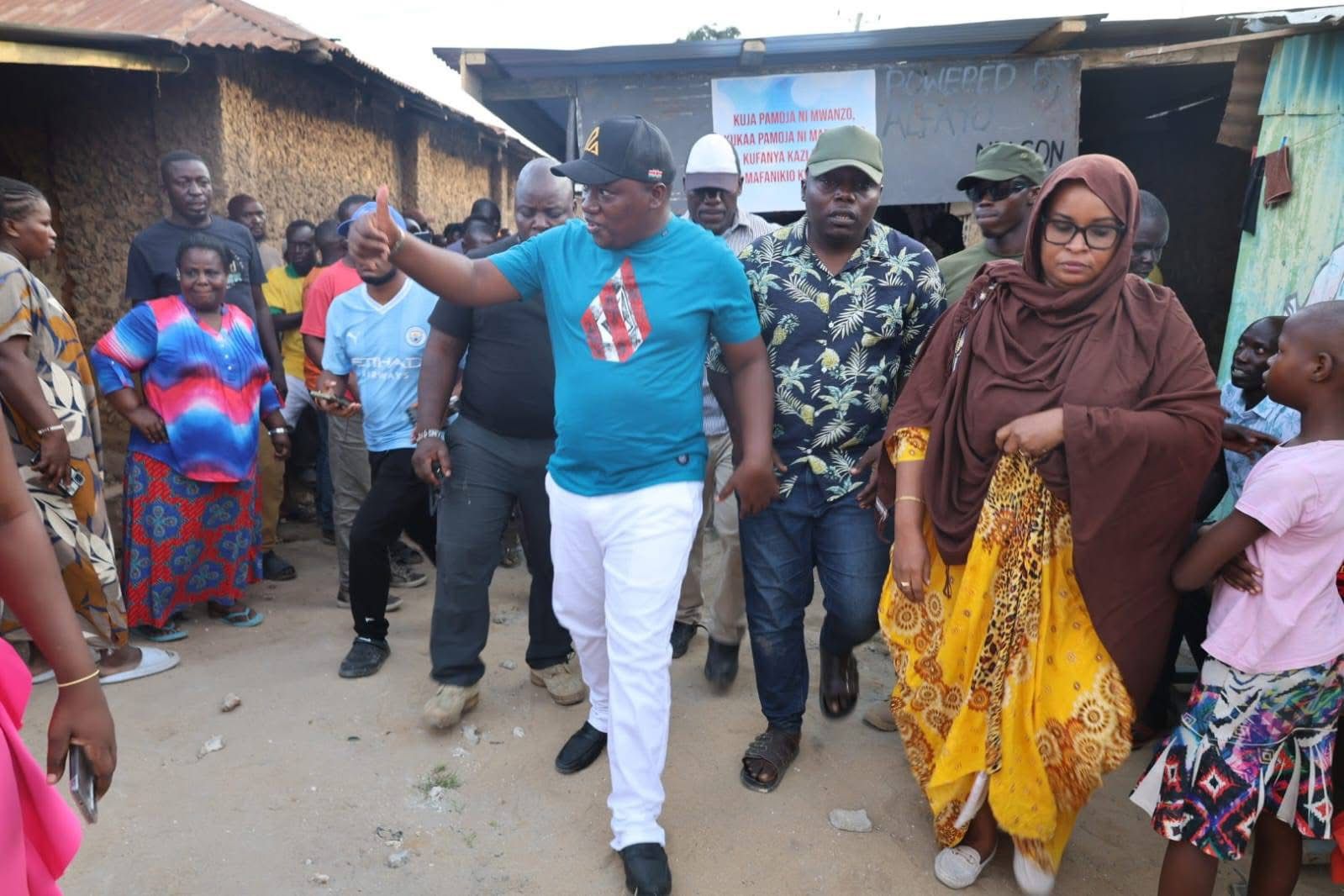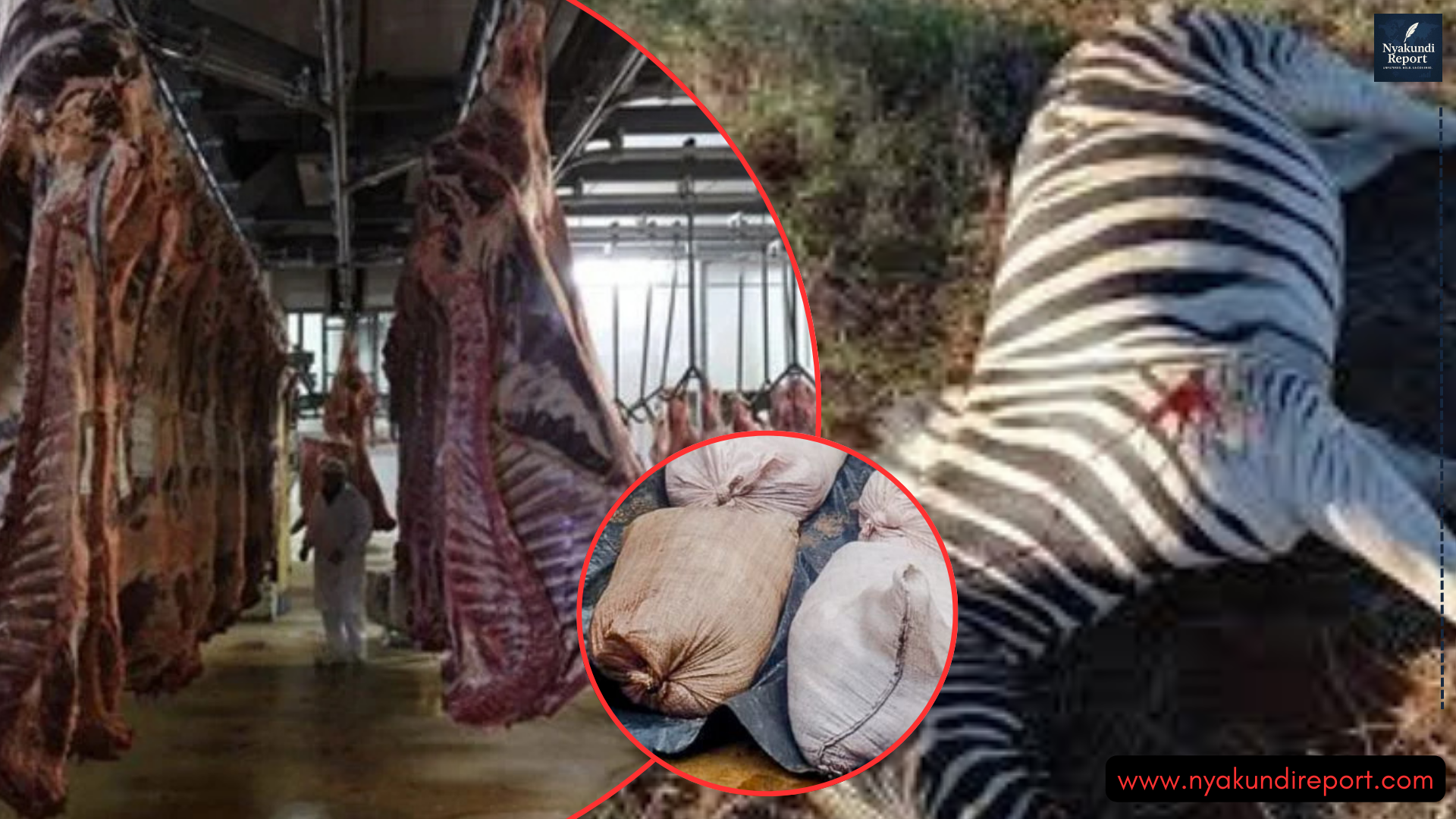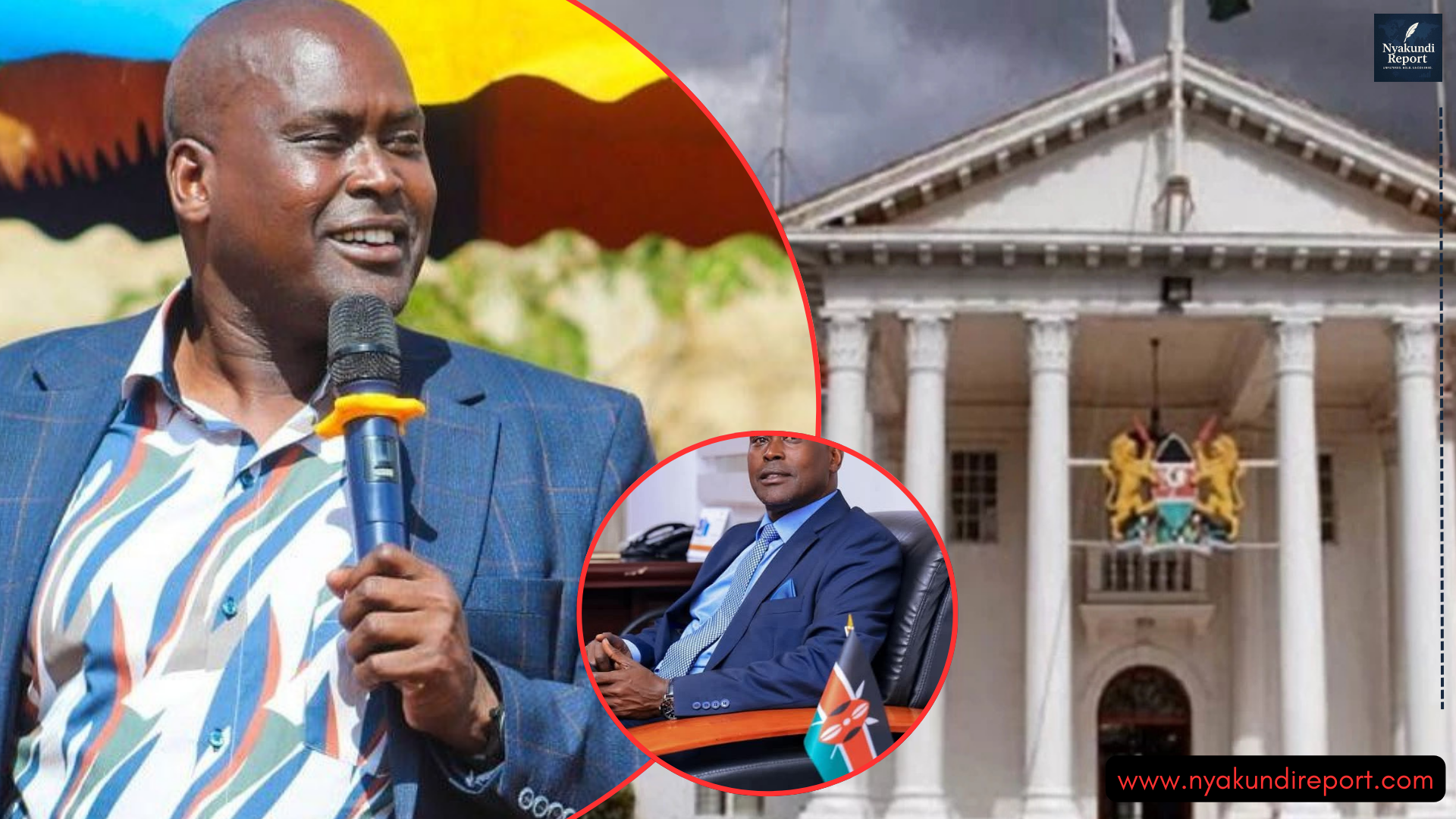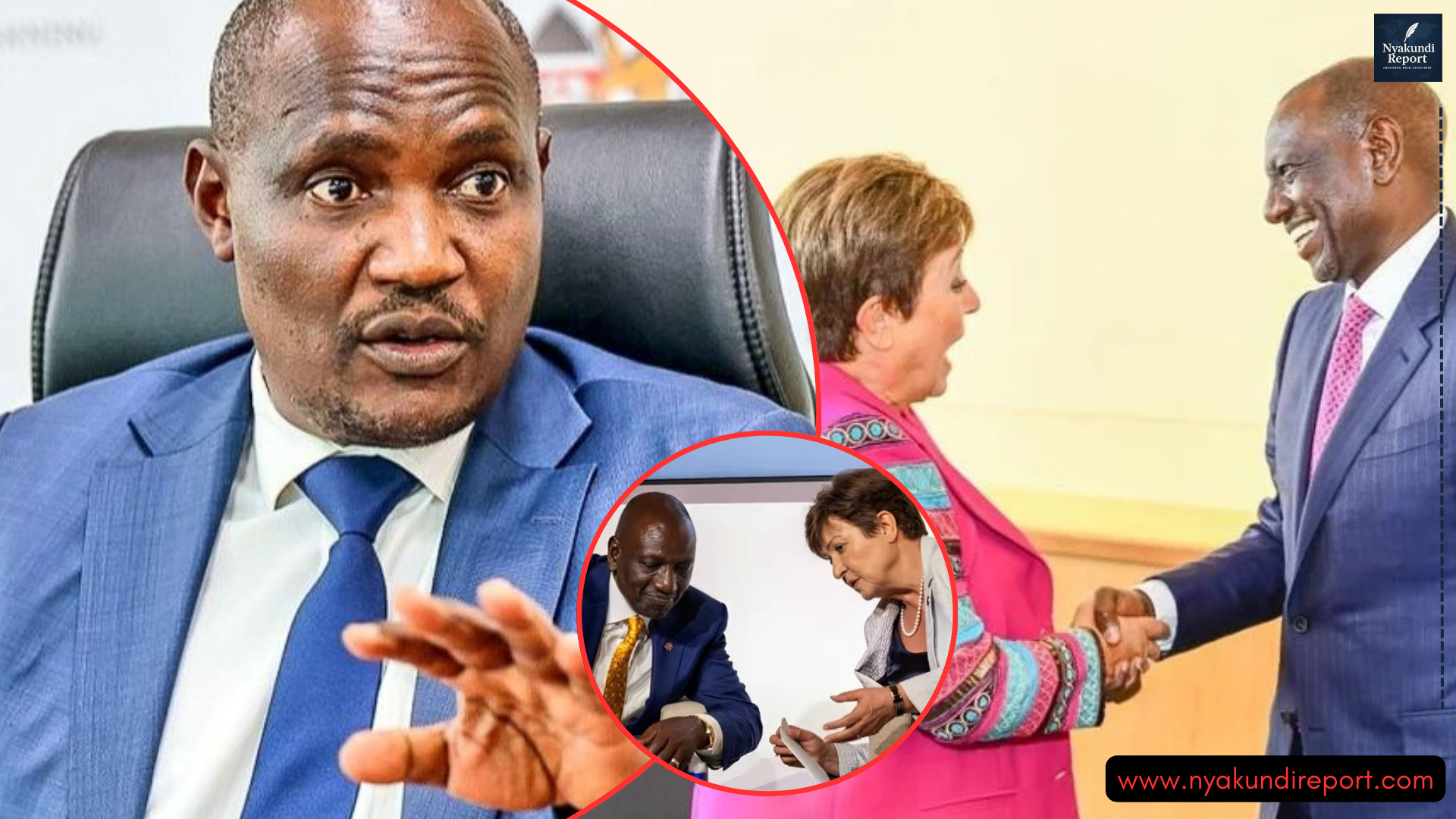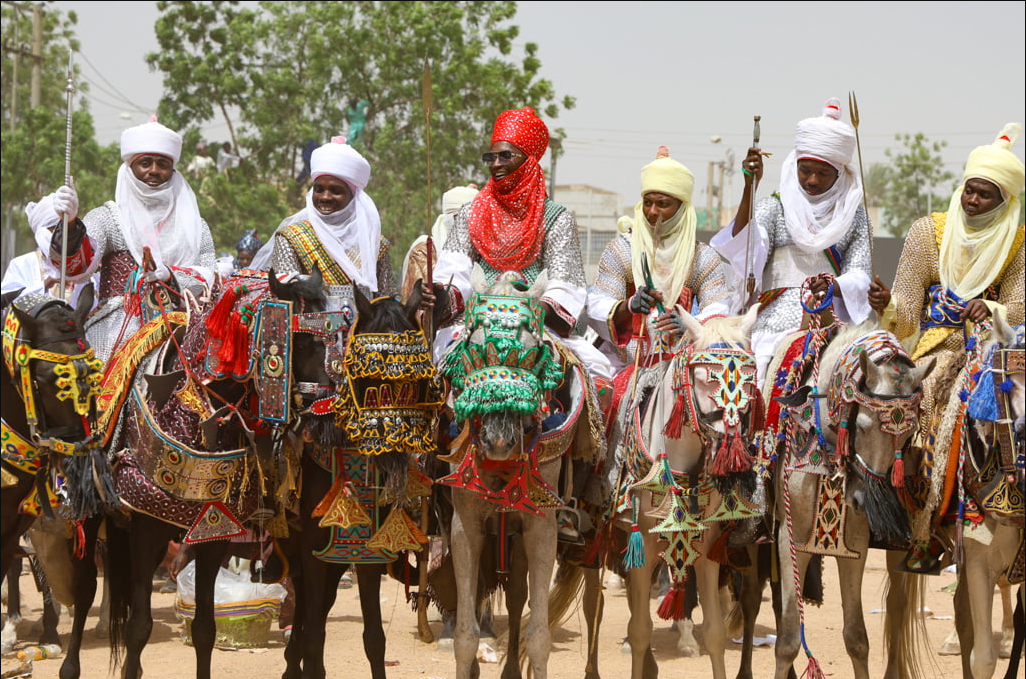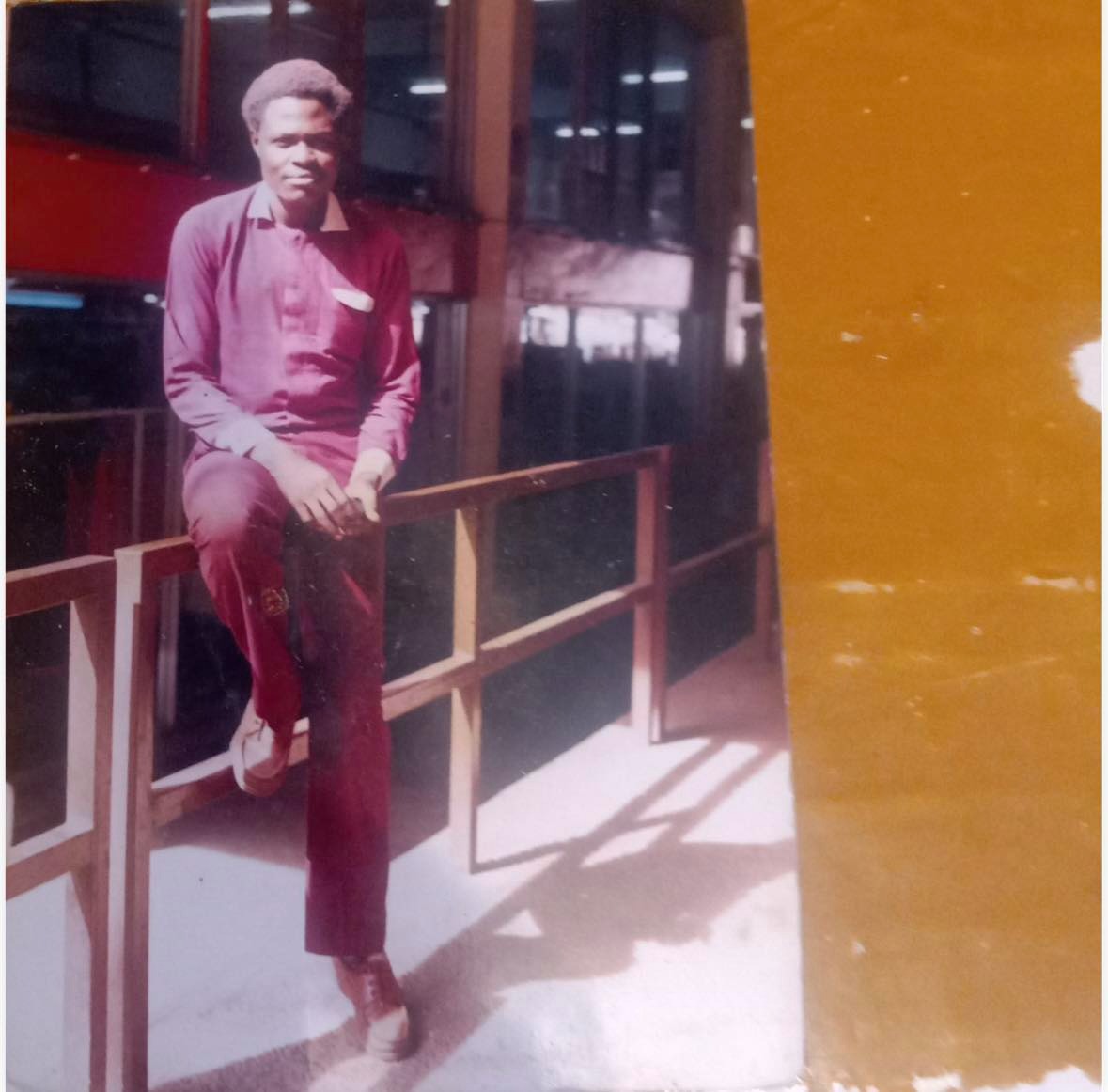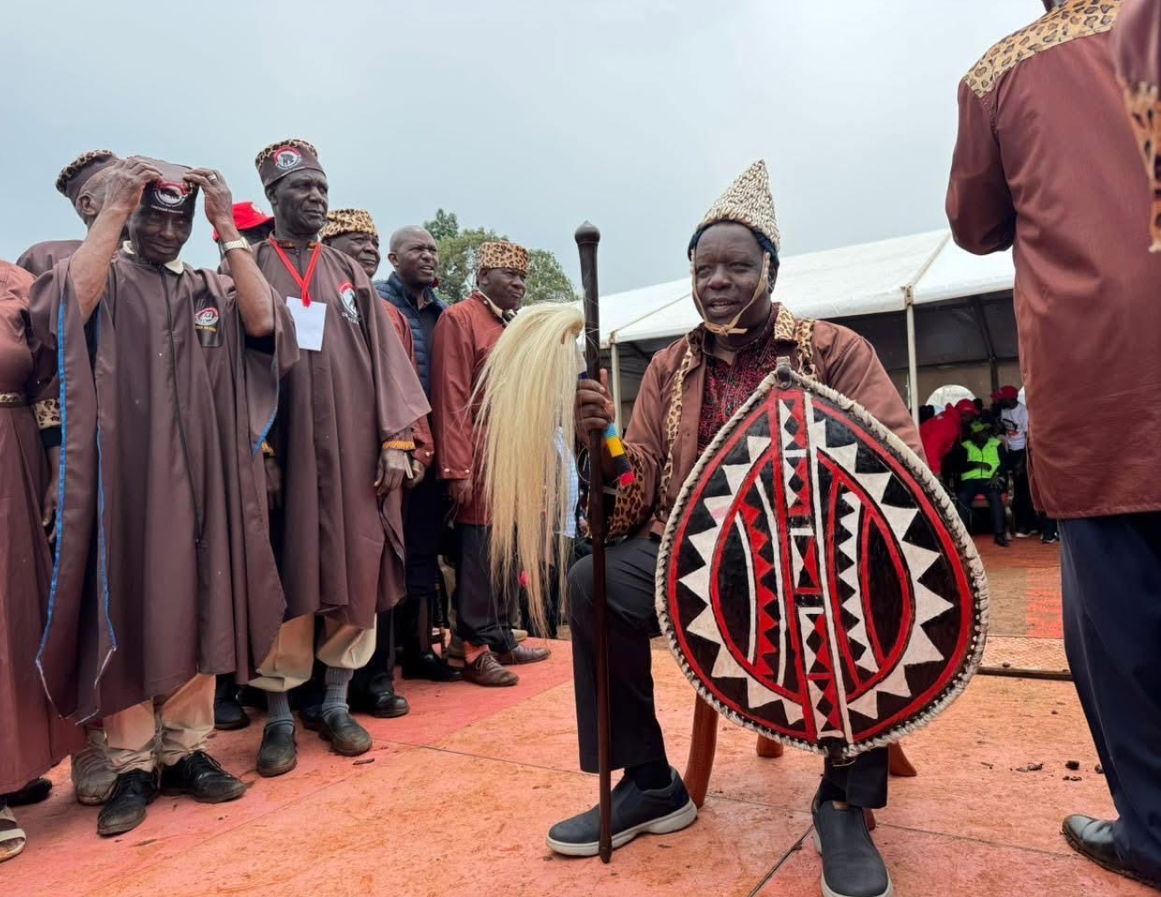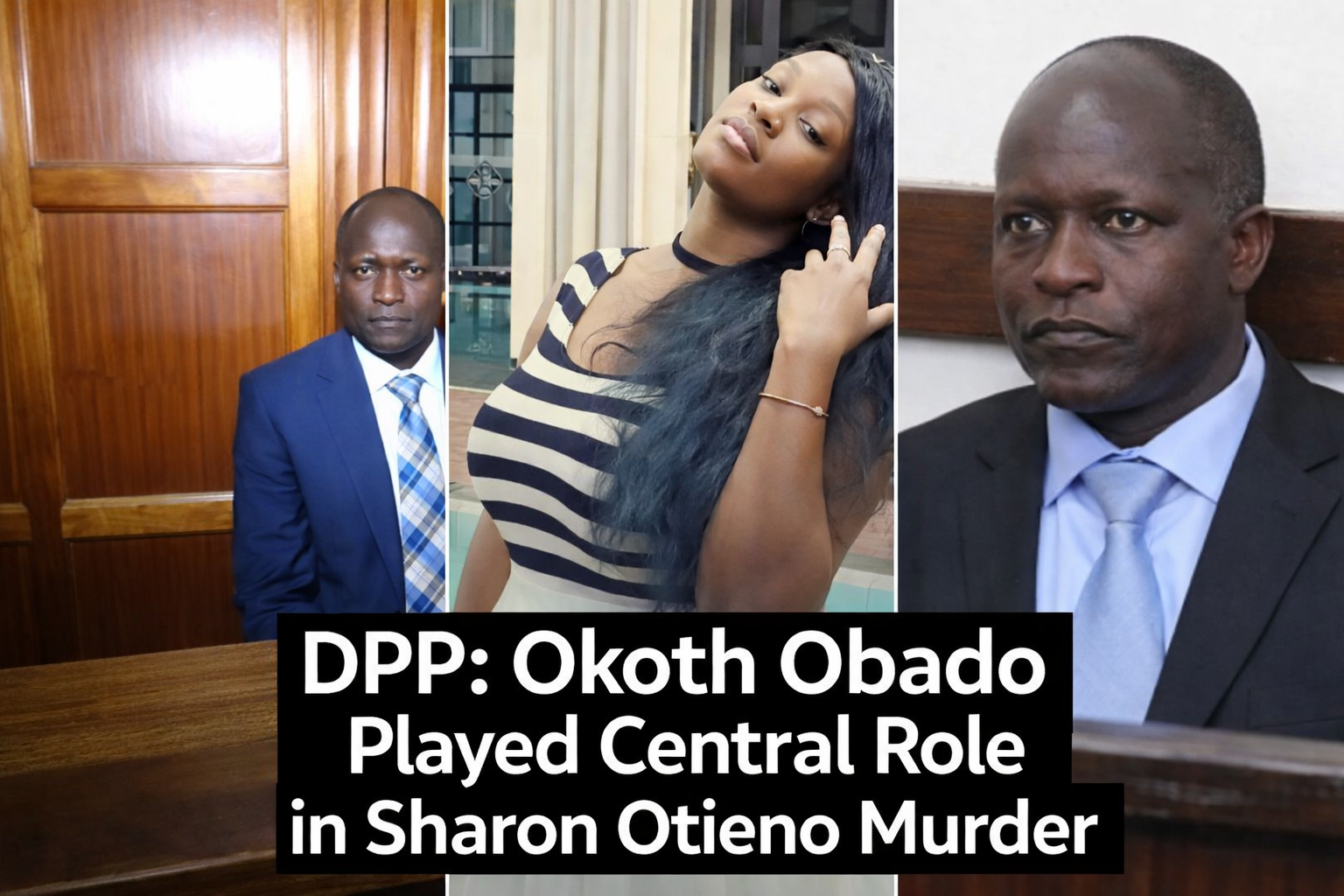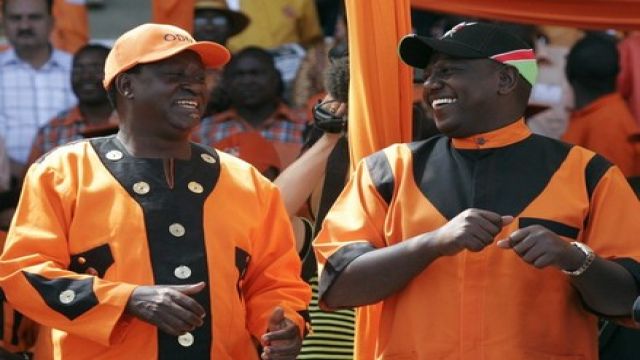A political storm is brewing in Kenya’s Mount Kenya region after impeached former Deputy President Rigathi Gachagua publicly called on Kenyans to boycott popular musicians—Samidoh Muchoki, Karangu Muraya, Ben Githae, and others—for associating with Deputy President Kithure Kindiki.
Gachagua’s latest outburst exposes his deep-seated tribal and authoritarian approach to politics. His demand that fans unfollow artists and entertainment venues that host them reveals an increasingly desperate attempt to exert control.
At the heart of this chaos stands Samidoh, a celebrated mugithi artist now caught in the crossfire of Gachagua’s revenge politics. The message is clear: loyalty to Gachagua or exile from the community.

Ex-DP Gachagua Uses Musicians Like Samidoh as Political Weapons
Gachagua’s attack on musicians who met DP Kithure Kindiki is not just petty—it’s dangerous. It’s the latest in a string of tribal ultimatums and divisive tactics that reduce art and culture to political tools. Gachagua told a Murang’a crowd that artists like Samidoh “betrayed” their community by visiting Kindiki, claiming they were paid Ksh50,000 each to attend.
According to Gachagua, local elders directed the musicians to apologize or face consequences. His version of justice? A total social and economic boycott. He asked fans to unfollow them, DJs to stop playing their music, and clubs to blacklist them.
This is not leadership. It’s dictatorship masked in cultural pride. Rather than acknowledge that musicians have a right to meet any leader—especially one trying to clean up corruption in the music industry—Gachagua is instead using the opportunity to sow ethnic division.
He is attacking livelihoods. He is weaponizing culture. And he’s dragging artists like Samidoh into a political mud fight they never asked for.
Deputy President Kindiki, in contrast, welcomed the artists for genuine talks about industry reforms. He said the visit aimed at tackling cartels exploiting musicians and ending the culture of paying artists to produce political propaganda. That’s real work. That’s progress. Gachagua, however, sees it as betrayal—because his kind of politics only thrives on control and fear.
Samidoh Caught in the Crossfire of Tribal Loyalty Tests
Samidoh Muchoki, a household name in Kenya’s music scene, has always resonated with fans because of his authenticity and powerful lyrics. But now, his reputation is under attack—not for what he did, but for who he visited.
Gachagua’s claim that the musicians were “paid to betray the community” reeks of paranoia. There’s no evidence that meeting DP Kindiki was a betrayal. Samidoh and his peers went to Karen to seek justice, better pay, and protection from exploitative leaders. They did what any responsible artist would do—speak truth to power.
Yet Gachagua expects blind loyalty. To him, if you don’t follow his political line, you’re an enemy of the tribe. This kind of thinking is toxic. It’s what fuels division, hate, and even violence. And Samidoh, despite his contribution to Kenya’s cultural fabric, is now being used as a pawn in a political game.
Instead of celebrating his success, Gachagua wants to erase him from public support. The fans are being forced to choose between their love for music and their loyalty to a political boss. That’s not democracy—it’s coercion.

Music and Politics Shouldn’t Be a Battlefield
The entertainment industry should be a platform for healing, unity, and economic growth. Musicians like Samidoh have lifted the spirits of millions across Kenya. They’ve turned pain into poetry. They’ve kept traditions alive. For Gachagua to use them as punching bags in his political vendetta is shameful.
Gachagua’s words don’t just affect artists—they target fans too. When he tells clubs not to host certain performers, he’s telling business owners how to run their enterprises. When he says fans should unfollow musicians, he’s telling people what to like and dislike. This is not leadership; it’s bullying.
Instead of encouraging dialogue, Gachagua fuels intolerance. Instead of defending artists’ rights, he crushes them under the weight of political loyalty.
Deputy President Kindiki’s meeting with musicians aimed to fix the industry. It was about empowerment, not control. That’s the kind of engagement Kenya needs. Leaders should support creatives, not punish them for refusing to sing political praises.

